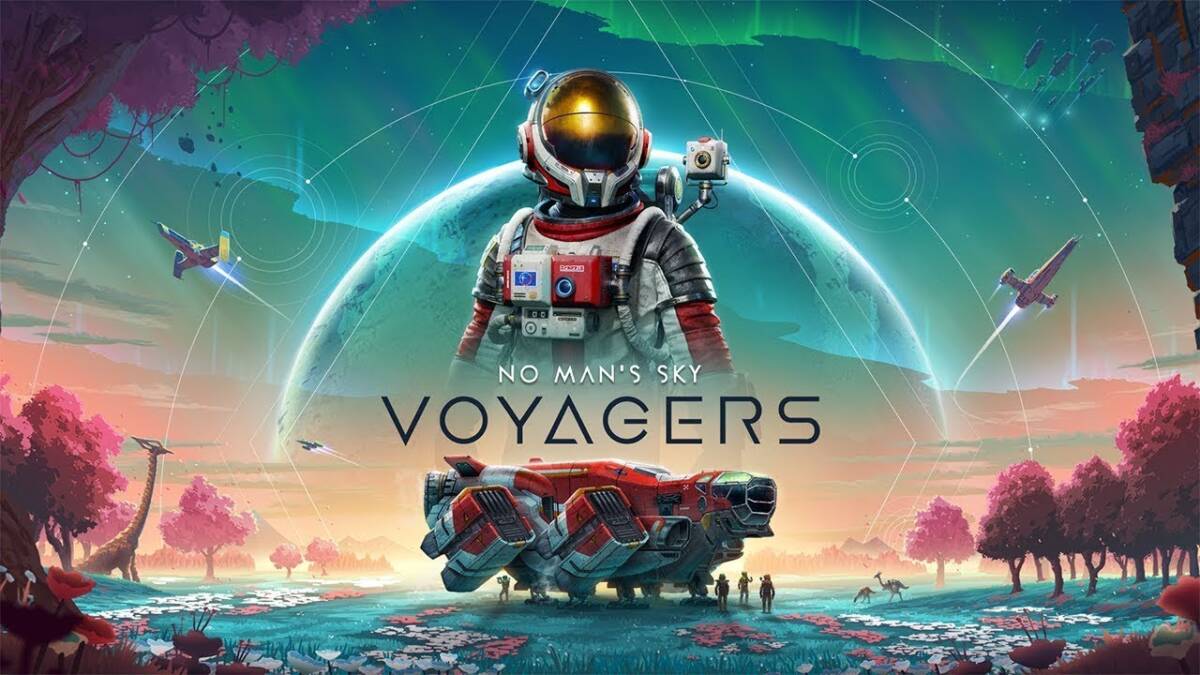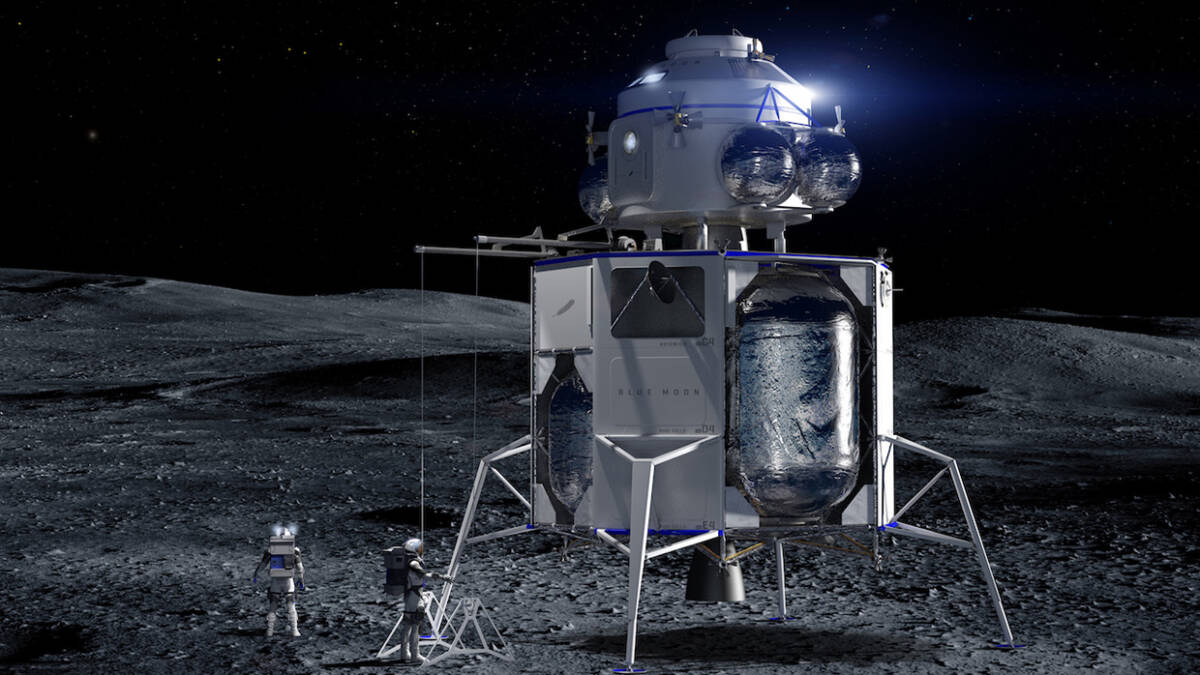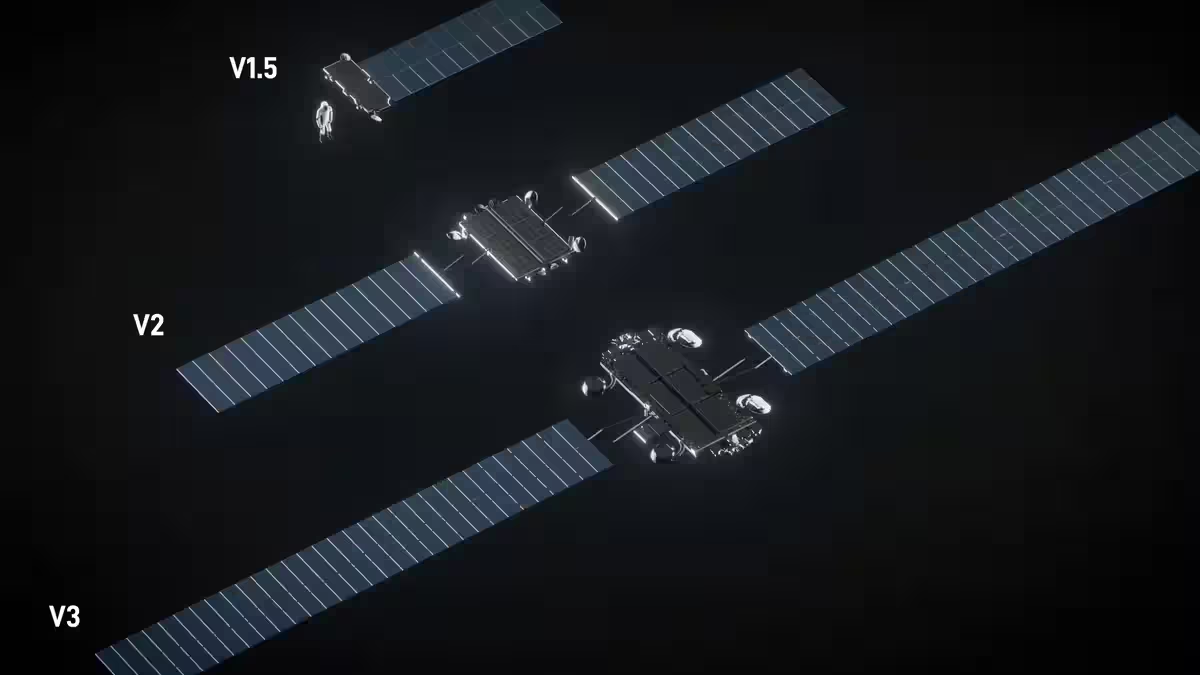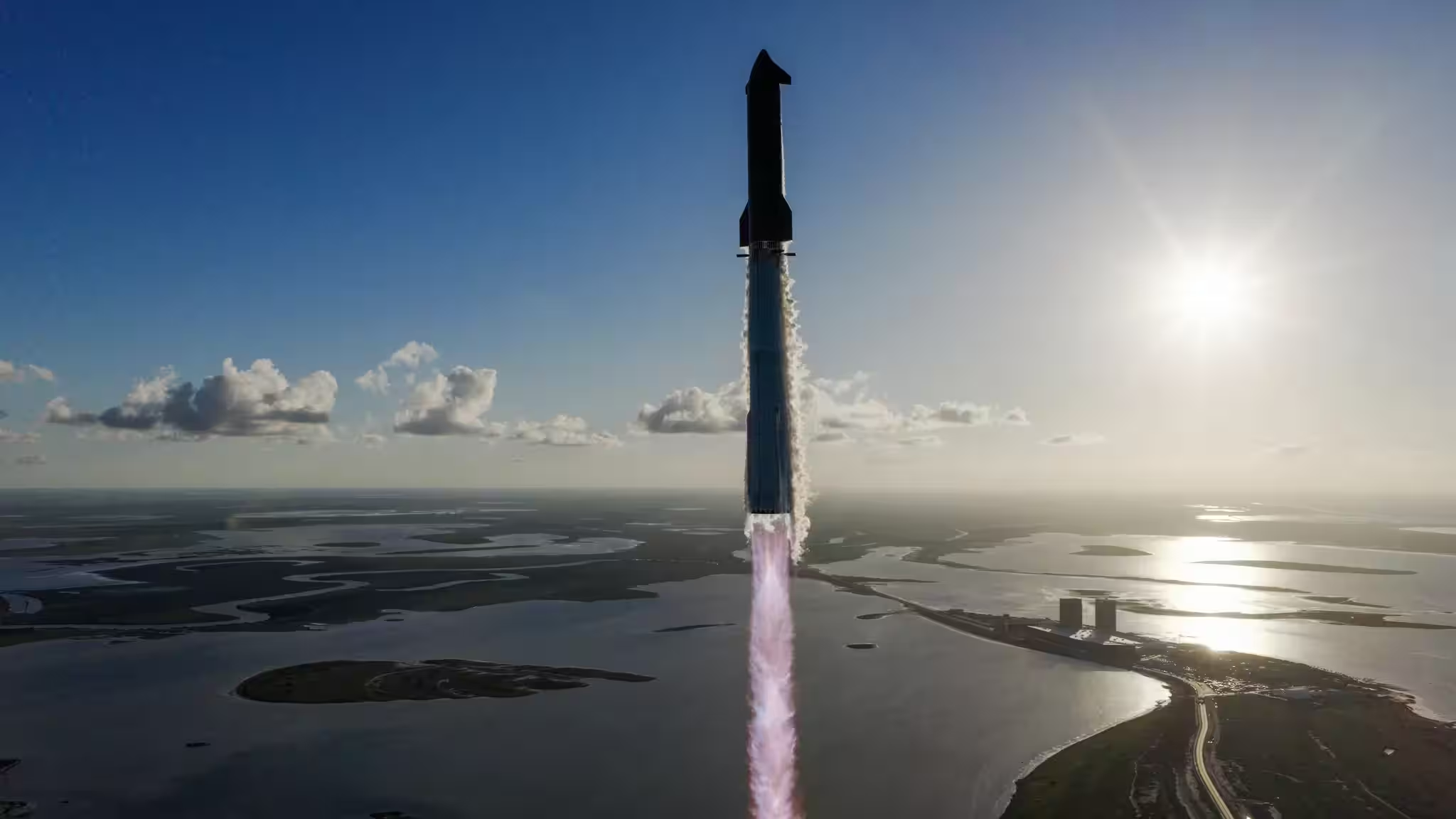Four researchers will embark on a year-long simulation of a mission to Mars in NASA’s habitable module
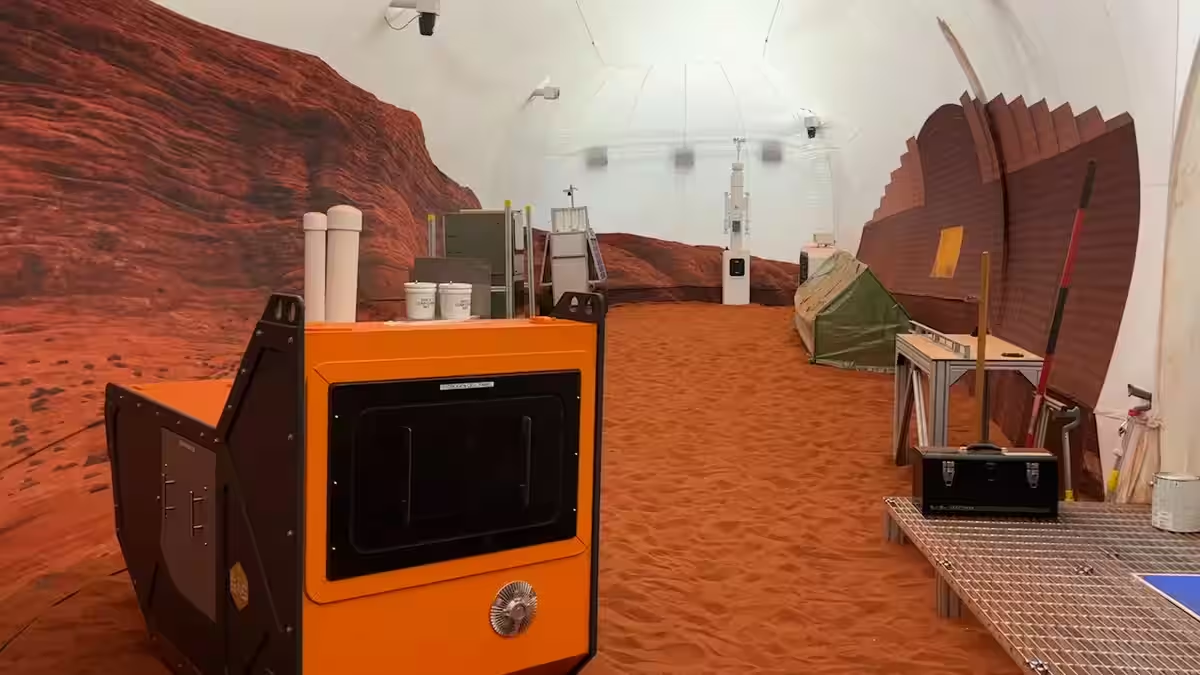
Four volunteer researchers will soon begin a year-long simulation of a mission to Mars in a habitable module at the Johnson Space Center’s Johnson Space Center in Houston. The mission will provide NASA with important data to prepare manned missions to the moon, Mars and other planets.
The mission will provide NASA with important data to prepare for manned missions to the moon, Mars and other planets.
Ross Elder, Ellen Ellis, Matthew Montgomery and James Spicer will enter the 1,700-square-foot Mars Dune Alpha module on Sunday, Oct. 19, to begin their mission. The team will live and work in conditions as close to real life as possible for 378 days, ending the experiment on Oct. 31, 2026. Emily Phillips and Laura Marie are serving as backup crew members.
At the end of the mission, the crew will live and work under the most realistic conditions possible.
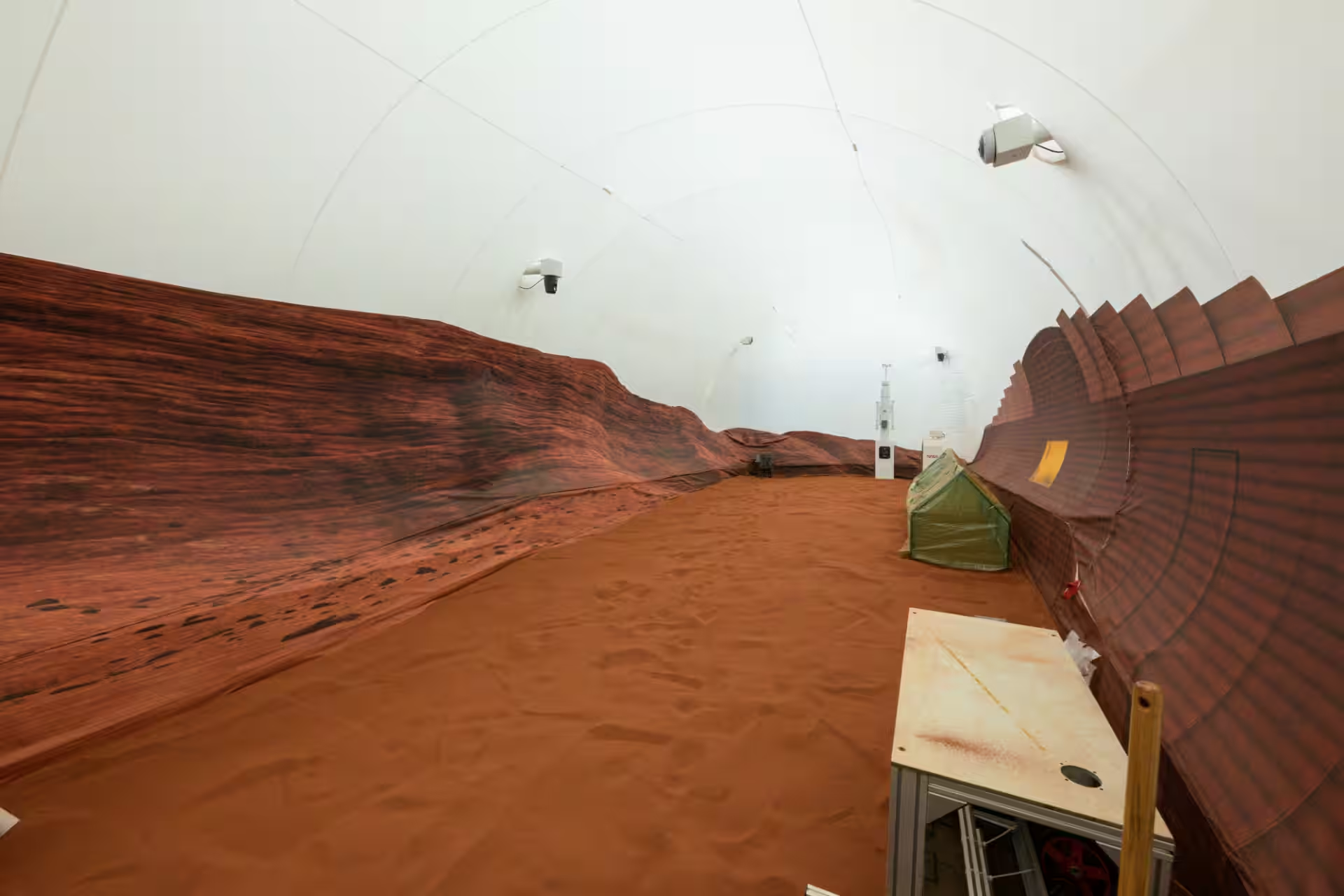
As part of the CHAPEA (Crew Health and Performance Exploration Analog) series of ground-based missions – analogous to the Crew Health and Performance Exploration Analog study conducted in the 3D printed habitation module – NASA aims to assess key human health and performance factors before future Martian missions. The crew will face realistic resource constraints, equipment failures, communication delays, isolation and other stressors, and will simulate intense extravehicular activities. These scenarios will help NASA make informed decisions to manage risk and develop support measures for long-duration space missions.
The scenarios will help NASA make informed decisions to manage risk and develop support measures for long-duration space missions.
“As NASA prepares for manned missions in the Artemis program, CHAPEA and other ground-based analogs are helping to determine which technologies and practices will best support future crews in overcoming the health and performance challenges associated with living and working off Earth,” said Sarah Whiting, a project scientist in NASA’s Human Exploration Program at Johnson Space Center. – All of this is happening long before we send humans to Mars.”
Crew members will perform scientific research and operational tasks, including simulated walks on the surface of Mars, growing vegetables in a vegetable garden, robotic operations and more. Technology specifically designed for Mars and deep space exploration, including a drinking water dispenser and diagnostic medical equipment, will also be tested.
The crew members will also perform scientific research and operational tasks, including simulated walks on the surface of Mars, vegetable gardening, robotic operations and more.
“The simulations will collect data on crew cognitive and physical performance to better understand the impact of resource constraints and long missions on health and performance,” said Grace Douglas, principal investigator of the CHAPEA project. – Ultimately, this information will help NASA make informed decisions when designing and planning a successful human mission to Mars.”
So far, this information will help NASA make informed decisions when designing and planning a successful human mission to Mars.
This mission, organized by NASA’s Human Exploration Program, is the second annual Mars surface modeling program under the CHAPEA project. The first mission ended on July 6, 2024.
The Human Research Program develops methods and technologies to ensure safe and productive space missions. Through applied research conducted in laboratories, simulators, and aboard the International Space Station, the program studies the effects of spaceflight on the human body and behavior to keep astronauts healthy and mission-ready.
- Ross Elder, Commander
Hailing from Williamstown, West Virginia, Ross Elder is an experienced test pilot in the United States Air Force. At the time of his assignment, he was the director of operations for the 461st Flight Test Squadron. He has piloted more than 35 military aircraft and has flown more than 1,800 hours, including 200 combat hours, primarily in the F-35, F-15E/EX, F-16 and A-10C. His experience includes flight test capability augmentation, manned and unmanned systems interoperability, artificial intelligence, and weapons modernization. Elder holds a bachelor’s degree in astronautics (U.S. Air Force Academy), a master’s degree in mechanical engineering (University of Colorado), and a master’s degree in flight test (U.S. Air Force Test Pilot School). - Ellen Ellis, physician
Ellen Ellis of North Kingstown, Rhode Island, is a colonel and acquisition officer for the U.S. Space Force. She is currently a senior logistics manager in the National Reconnaissance Office (NRO) Communications Systems Directorate. Previously, she worked in intercontinental ballistic missile operations and GPS satellite systems development. Ellis holds a bachelor’s degree in aerospace engineering (Syracuse University) and four master’s degrees, including systems engineering (Naval Postgraduate School) and emergency management (Georgetown University). - Matthew Montgomery, Research Associate
Matthew Montgomery of Los Angeles is a hardware design consultant working with technology startups in the areas of LED lighting, robotics, controlled environment agriculture, and embedded control systems. He earned his BS and MS degrees in electrical engineering from the University of Central Florida and is co-owner of the film company Floating Lava Studios. - James Spicer, Flight Engineer
James Spicer is a technical director in the aerospace and defense industry. His experience includes satellite communications networking, space data relay, positioning and navigation research, and spacecraft design and testing. Spicer earned bachelor’s and master’s degrees in aeronautics and astronautics and a degree in science communication from Stanford University. He holds commercial pilot and glider pilot licenses.
- Emily Phillips
Emily Phillips of Waynesburg, Pennsylvania, is a captain and pilot in the United States Marine Corps. She is currently serving as an air guide and aviation officer with an infantry battalion at the Marine Corps Air and Ground Combat Center in Tuentynine Palms, California. Phillips earned a bachelor’s degree in computer science from the U.S. Naval Academy and qualified as an F/A-18C Hornet fighter pilot. - Laura Marie
Laura Marie was born in the United Kingdom and immigrated to the United States in 2016. She is a commercial airline pilot specializing in flight safety, flying passenger flights in Washington, DC. Marie holds a Bachelor of Philosophy and a Master of Science in Aeronautical Science from Liberty University. She holds transport aviation pilot, flight instructor, and ground handling instructor licenses. Outside of work, Laura is involved in mentoring aspiring pilots.


